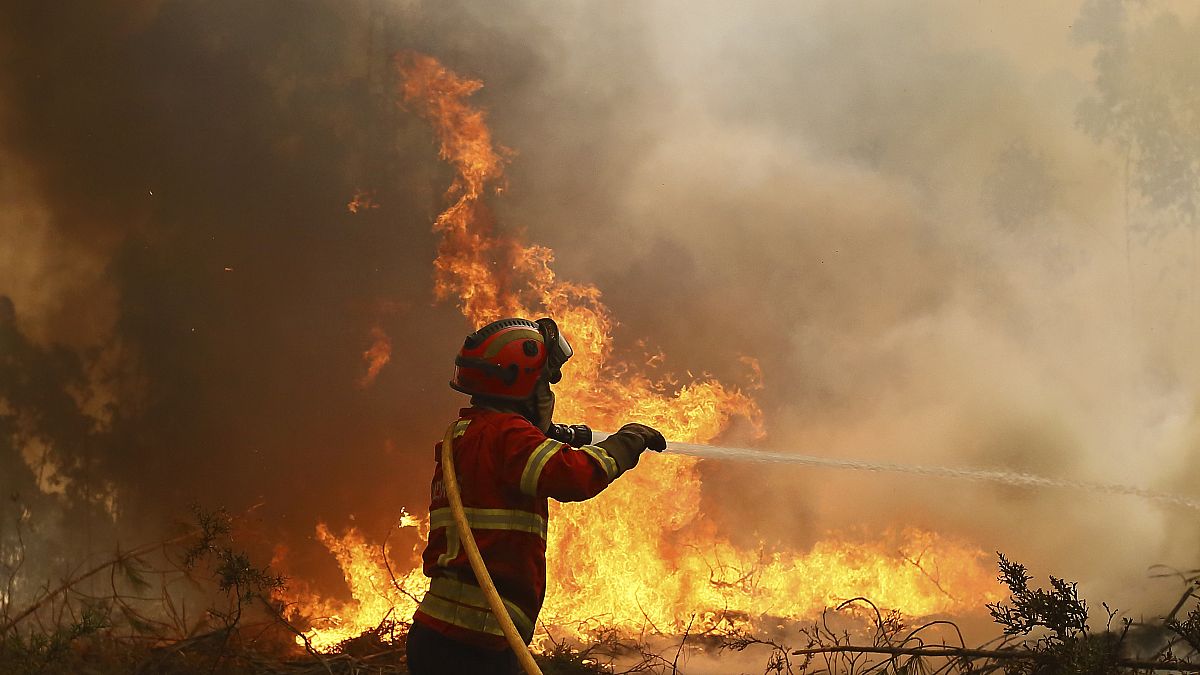As wildfires continue to ravage Portugal, Prime Minister Luís Montenegro has declared a state of calamity, mobilizing additional forces to combat the blazes, which have already claimed seven lives. The fires have scorched over 15,000 hectares of land, putting 210,000 people at risk. In response to the crisis, Portugal has received aid from neighboring countries, such as Spain, France, Italy, and Morocco, who have sent water-dumping planes and emergency personnel to assist in firefighting efforts.
The devastating wildfires in Portugal have raised concerns about the impact of climate change and the abandonment of traditional land management practices. The extreme weather conditions, including high temperatures and strong winds, have fueled the spread of the fires, making it challenging for firefighters to contain them. Experts warn that without effective measures to address climate change and promote sustainable land management, similar disasters may become more frequent in the future.
In addition to battling the fires, authorities are also investigating suspected cases of arson, as some of the blazes are believed to have been deliberately set. Police are working to identify and apprehend those responsible for starting the fires, which have caused widespread destruction and loss of life. Efforts to prevent future arson attacks and improve fire prevention strategies are underway to protect communities and natural resources.
The state of calamity declared by Prime Minister Luís Montenegro underscores the severity of the situation in Portugal, as thousands of firefighters work around the clock to extinguish the flames and safeguard affected areas. With the support of international partners and emergency responders, Portugal is striving to contain the wildfires and prevent further damage. The collective efforts of all involved are crucial in addressing this crisis and mitigating its impact on communities and the environment.
As the wildfires continue to rage on, it is essential for authorities to prioritize fire prevention measures and adopt sustainable land management practices to reduce the risk of future disasters. Addressing the root causes of the wildfires, such as climate change and human activities, is vital to protecting lives and property. Through cooperation and coordination among local and international stakeholders, Portugal can strengthen its resilience to wildfires and enhance its capacity to respond effectively to similar emergencies in the future.
In conclusion, the wildfires in Portugal serve as a stark reminder of the urgent need to address climate change and promote sustainable land management to prevent such disasters from escalating. By investing in fire prevention strategies, enhancing emergency response capabilities, and holding accountable those responsible for starting fires, Portugal can better protect its communities and natural resources. The ongoing efforts to combat the wildfires demonstrate the resilience and determination of the people of Portugal and their commitment to overcoming this crisis together.











